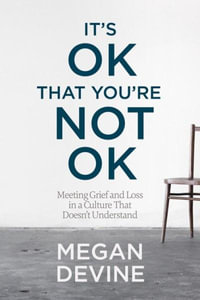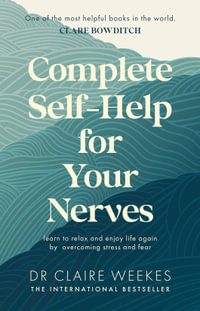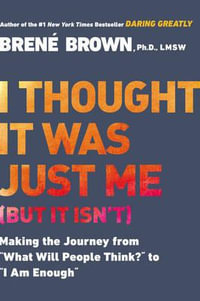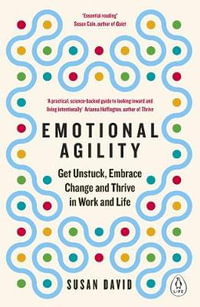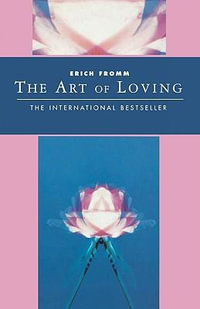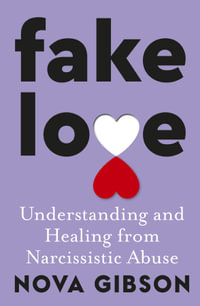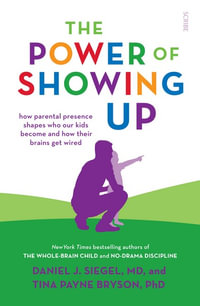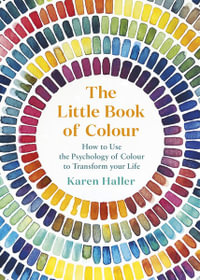This field-defining collection consolidates and builds momentum in the burgeoning area of affect studies. The contributors include many of the central theorists of affect-those visceral forces beneath, alongside, or generally other than conscious knowing that can serve to drive us toward movement, thought, and ever-changing forms of relation. As Lauren Berlant explores "cruel optimism," Brian Massumi theorizes the affective logic of public threat, and Elspeth Probyn examines shame, they, along with the other contributors, show how an awareness of affect is opening up exciting new insights in disciplines from anthropology, cultural studies, geography, and psychology to philosophy, queer studies, and sociology. In essays diverse in subject matter, style, and perspective, the contributors demonstrate how affect theory illuminates the intertwined realms of the aesthetic, the ethical, and the political as they play out across bodies (human and non-human) in both mundane and extraordinary ways. They reveal the broad theoretical possibilities opened by an awareness of affect as they reflect on topics including ethics, food, public morale, glamor, snark in the workplace, and mental health regimes. The Affect Theory Reader includes an interview with the cultural theorist Lawrence Grossberg and an afterword by the anthropologist Kathleen Stewart. In the introduction, the editors suggest ways of defining affect, trace the concept's history, and highlight the role of affect theory in various areas of study.
Contributors. Sara Ahmed, Ben Anderson, Lauren Berlant, Lone Bertelsen, Steven D. Brown, Patricia Ticineto Clough, Anna Gibbs,Melissa Gregg, Lawrence Grossberg, Ben Highmore, Brian Massumi, Andrew Murphie, Elspeth Probyn, Gregory J. Seigworth, Kathleen Stewart, Nigel Thrift, Ian Tucker, Megan Watkins
Industry Reviews
"While a reader of the book might be left less rather than more sure of what precisely constitutes 'affect theory', or even affect itself, s/he is nevertheless very likely to be moved by the range of both thought and affective styles that make up the volume and constitute what the editors call in the introduction, an 'inventory of shimmers' (p11). This incitement to 'more than discourse', the capacity 'to touch, to move, to mobilise readers' (p24) is exactly what one would hope for from a reader of affect theory, and is what the contributions that make up this collection indeed achieve." Michael Goddard, New Formations "The Affect Theory Reader shows how affect can be deployed in a range of frameworks, including the neurological, psychological, social, cultural, philosophical and political, and that there is room for debate among these various fields - above all between the Deleuze-inspired writings of Brian Massumi and his followers and those of the more scientifically minded followers of Eve Sedgwick, whose work was formulated in dialogue with affect psychologist Silvan Tomkins" Todd Cronan, Radical Philosophy, March 2012 "The Affect Theory Reader is unique. It gathers interesting and provocative articles on affect by well-known theorists and suggestively brings to expression the productive divergence between different philosophical and psychological positions on the subject." Erin Manning, author of Politics of Touch: Sense, Movement, Sovereignty "Written by some of the most interesting and important thinkers in the field, the essays in this superb collection prove how any serious consideration of culture and politics needs to involve serious attention to affect. The Affect Theory Reader covers remarkable ground: from the ontology of 'future threat' in Bush's pre-emptive politics to the management of workplace affects in the information economy; from the biology of human mimicry to attachments to promises of the 'good life' that often cruelly wear out economically precarious subjects. Thoughtfully curated and genuinely interdisciplinary with contributors from fields ranging from media studies to geography, Melissa Gregg and Gregory J. Seigworth's reader will be indispensable to anyone working in or adjacent to affect theory." Sianne Ngai, author of Ugly Feelings

